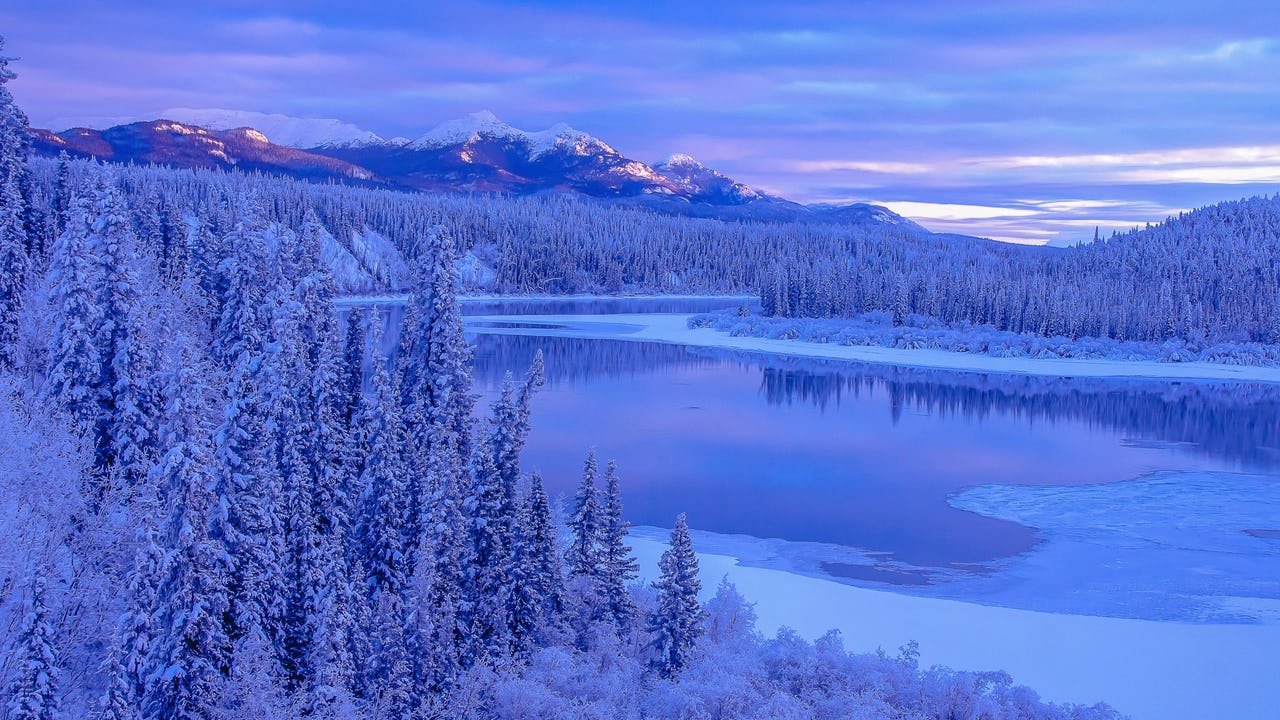Learning to Listen: On Racism and Power in Arctic Education

Arctic school curriculums must be rooted in anti-racism is action toward unlearning that deeply rooted hierarchy in each of us and in the systems in which we are complicit. Photo: The Gordon Foundation
Through a partnership with the Gordon Foundation, The Arctic Institute is publishing a series of papers on Canadian Arctic policy critiques and solutions written by Jane Glassco Northern Fellows. The Jane Glassco Northern Fellowship Program recognizes the leadership potential of northern Canadians aged 25-35 who are passionate about addressing emerging policy challenges and building a strong North. During the 18-month program, Fellows deepen their understanding of important northern issues, and develop the skills to articulate and advance their ideas and policy research. Fellows publish individual and group policy research papers. For more information, please visit The Gordon Foundation website and follow the Fellowship on Twitter.
I was born in the Yukon, and went to school on Kwanlin Dün and Ta’an Kwäch’än territory. I finished school without knowing the history or political present of this land. I didn’t know how I, a white settler, was connected with First Nation peers through treaty relationships and shared responsibilities.
As I was training to be a teacher at a southern university, I struggled with the way we were historicizing residential schools without uprooting (or even acknowledging) what continues to be a colonial education system. Interactive exercises and assignments about residential school told a story of pain and trauma that managed to obscure the resistance, existence and joy of present-tense Indigenous people. Even in my First Nation, Inuit and Métis elective, we didn’t even begin to talk about ongoing political inequities.
These silences leave important truths out of the room, and amount to a deep failure of relationship. Ongoing colonial power inequities are replicated by these silences, and they violate the wholeness of each of us. Public school is where we learn how to be together.
After my eight months of teacher training, I had the basic qualifications to be certified as a Yukon teacher. Often, new teachers can be hired into rural Yukon communities. However, I did not feel I had been equipped with the requisite skills or knowledge to play anything but a colonizing role. I set out to explore what I thought was a sufficiently narrow problem: frequently, new teachers work in rural Yukon communities briefly. Yukon government staffing protocol implicitly encourages a stay of only three years in rural Yukon communities. I saw the use of the communities to train new teachers as compromising relationships and teaching quality for rural and Indigenous students.
Interviews I conducted confirmed that new teachers were often “just paying off loans”1 or using the communities as “training grounds.” As I spoke to Yukon teachers, they questioned the goal of working on retention in rural communities. Teachers leave for a variety of reasons – family reunification, high school for their children, escaping isolation, pursuing new opportunities – and they should have the freedom to relocate. Research also indicates that from small northern communities “attrition is inevitable.”
I switched gears, and started exploring how to recruit and support teachers who, when placed in a community, can follow the community’s lead and who can disrupt colonial violence. Potential solutions included stronger induction and mentorship, growing the First Nation Programs and Partnerships unit inside the government of Yukon, or changing certification standards to require more northern and First Nations knowledge. Ultimately, though, the problem is that the power in each of these scenarios was still squarely held by the Yukon Government.
The following are three options to address the unequal power between Yukon Education and Yukon First Nations:
- Yukon Education relinquishes power and control over Yukon First Nation43 Education to Yukon First Nations and applies an “Indigenous-informed anti-racism”lens to all of its activities going forward.
- Yukon Education and Yukon First Nations co-develop a Yukon curriculum.
- Yukon Education maintains the status quo by continuing to modify curriculum, programs, and professional development to create greater cultural inclusion.
Julianna Scramstad was born in Whitehorse, Yukon, on land that has been cared for by the Ta’an Kwäch’än and the Kwanlin Dün for generations. Certified as a teacher and trained in sociology and women’s studies, she is a dedicated feminist and activist.